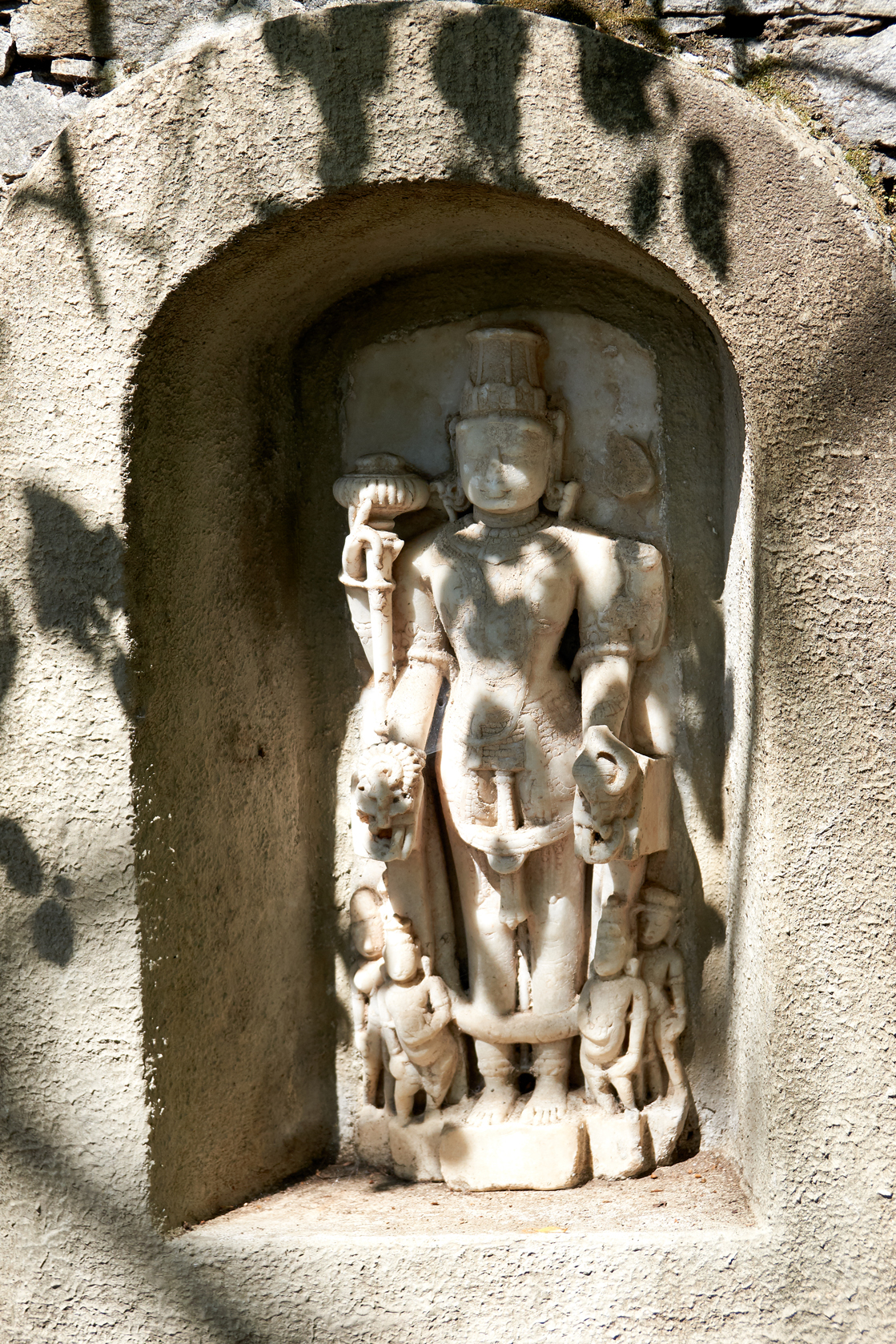
ITA ENG


On Cancel Culture. From Judging to Lynching: Repressions and Discriminations in the Name of Morality
EJL2022-01

Lecture: Process the Past: the Judicial Obsession of Cancel Culture
Lecturer: Giacomo Marramao (Università degli Studi Roma Tre)
Cycle: Eranos-Jung Lectures: On Cancel Culture. From Judging to Lynching: Repressions and Discriminations in the Name of Morality
Date: April 1, 2022, 6:30 p.m.
Place: Auditorium, Monte Verità, Ascona
Chairman: Fabio Merlini (Eranos Foundation, Ascona)
Discussion
Refreshment and meeting with the lecturer
The recording of the conference can be viewed on the official YouTube channel of the Eranos Foundation.
Introduction
The phenomenon of cancel culture has been rightly defined as a process against the past that, exploded in recent years on American university campuses, puts not only classical texts, but also symbols, works of art, and monuments of Western civilization in the dock. This phenomenon, beyond appearances, is diametrically opposed to the "postcolonial criticism" that marked the first phase of globalization. That criticism, while contesting the European idea of "universal history", did not prevent its main exponent Edward W. Said from confronting authors such as Giambattista Vico and Lukács, Merleau-Ponty and Foucault, Melville and Conrad, the genius of Bach and the eccentricity of Schumann, the talent of Rosen and the cinema of Gillo Pontecorvo. None of this in the new Inquisitors of cancel culture. No more confrontation. No more search for in-between identities, located along borderlines or in "interstitial passages" that break the rigid forms of identification. But a self-destructive drift of the West that leads to the dictatorship of a new conformism. Where cancellation produces an effect of concealment of the terrible but fertile conflictual richness of history: of the atrocious and creative, violent and liberating density of humanity's past.
Lecturer's Biobibliography
Giacomo Marramao studied Philosophy at the University of Florence and Social Sciences at the University of Frankfurt. Visiting Professor at several universities in Europe, America, and Asia, he is currently Emeritus Professor of Theoretical Philosophy at the Università degli Studi Roma Tre and member of the Honor Committee of the Collège International de Philosophie (Paris). Among his main awards: the “Palmes Académiques” by the Presidency of the French Republic; the title of Professor honoris causa by the University of Bucharest; the title of Doctor honoris causa in Philosophy and Linguistics by the Universidad Nacionál de Córdoba; the “Karl-Otto Apel” International Philosophy Award. Among his works, translated into several languages, we list here: Marxismo e revisionismo in Italia (1971), Austromarzismo (1977), Il Politico e le trasformazioni (1979; also published in Spanish and Portuguese), Potere e secolarizzazione (1983; new edition, 2005; also published in German, Spanish, and Portuguese), Cielo e terra (1994; also published in German and French), Kairós. Apologia del tempo debito (new enlarged edition, 2020; also published in Spanish and English), Minima temporalia. Tempo, spazio, esperienza (new enlarged edition, 2022; also published in German and Spanish), La passione del presente (2008; also published in Spanish), Passaggio a Occidente. Filosofia e globalizzazione (new enlarged edition, 2009; also published in Spanish and English), Contro il potere. Filosofia e scrittura (3rd ed., 2013; also published in Spanish and English), Dopo il Leviatano (new enlarged edition, 2013), Diálogos, ed. F. Arroyo (2017; italian ed., Il destino della filosofia, 2021), Per un nuovo Rinascimento (2020; also published in German and Spanish), Sulla sindrome populista (2020; also published in Spanish), Interregnum. Between Biopolitics and Posthegemony (2020), and the most recent Benjamin e la Scuola di Francoforte (2021).
--
A culture is born and affirms itself always also from a selective operation of particular contents; from a certain operation of assimilation, rejection, remodulation of previous or coeval cultures: it takes and drops. Also, obviously in relation to the hegemonic forces of which it is eventually the expression. Today, a fierce variant of this logic of "take and leave" is represented by the so-called "cancel culture". It is a culture that, in its most intransigent expressions, seems to have a problem with the cultural past from which it comes: it sees it as a troubling set of inadequacies, of discriminations or injustices according to the yardstick of its own moral standards. A tribunal of memory determined to amend history, freeing it from its sins. In this, cancel culture is a coherent expression of that satisfied and self-referential present, for which past history is always and only a faded, lacking and reprehensible image of oneself. It is a culture that feeds on culprits towards whom to exercise its censure; a culture of sanction. There are cases in which all this is certainly justified, when, for example, the denunciation and sanction is aimed at the present of unacceptable behavior, in open violation of respectful rules that do not harm the dignity of others. Where, however, the question of the modalities through which denunciation and sanction are expressed always remains open. Especially when the system of communication, as happens today, offers tools for taking immediate word, uncontrollable in its effects. When, however, denunciation and sanction are addressed to the cultures of the past, the matter becomes even more complicated. For the risk here is the neutralization of the entire culture, an attempt to wipe the slate clean. Perhaps the inability to bend down with a reflective thought on the contradictions and the very complexity of life; the unwillingness to dialogue, to critical judgment, capable of evaluating and discriminating within the same situation.A regressive tendency not to grasp the chiaroscuro, the nuances. The index of a profound fragility. Finally, a new form of ignorance.